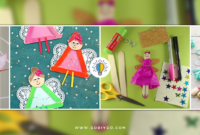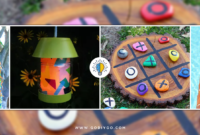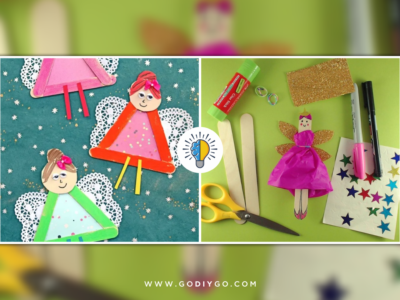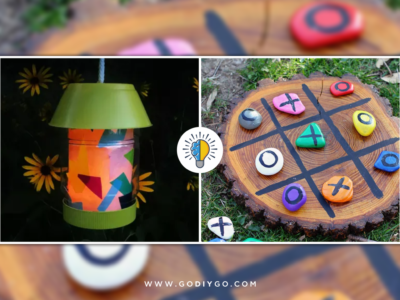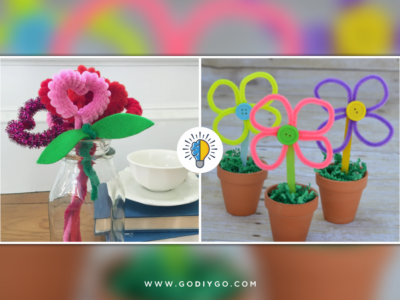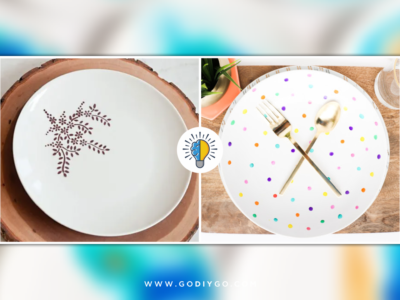Being a self-taught artist is difficult. Read this article to find tips on how to endure and be successful in your passion.

If you are reading this article, you are most likely a self-taught artist who is facing a lot of challenges and difficulties to push through with your passion. Teaching yourself any skill requires a lot of discipline, self-confidence, and courage. Congratulations! You are definitely one of the many determined people out there. The fact that art can be self-taught means that anyone can learn it. Yes, anyone!
Art is not only a form of expression but also something that can be loved and appreciated by everyone. For this reason, honing your art skills can also help you earn some money. There are many online websites that can personalize paintings according to their client’s wants. One website can take any photo you like and send you a custom paint by numbers kit. This is a great way to practice with a bit of guidance along the way. They also serve as awesome presents to family or friends.
Since you are teaching yourself, we are here to help you with some tips to make your journey easier.
Step 1: Start with the Fundamentals
If you are a beginner, you might be tempted to jump straight into intermediate-level paintings because they look more impressive. This is not the correct approach. Do not forget to start off with the fundamentals and then gradually progress up. Otherwise, you will miss out on the basics and get stuck or frustrated later down the line.
Judge Yourself
Since you are your own teacher, you have to be your own judge too. It is easy to think that you have made the perfect piece of art. But if you actually want to improve then you have to find the flaws yourself and work on them.
However, it does get difficult to criticize your own work at times. In such cases, show your work to friends, or share them online in art forums where people can rate your work and tell you where you need to improve.
100% Dedication, 0% Expectation
Even with proper training, being successful as an artist is hard. Nobody can guarantee success. When it comes to being a self-taught artist, the road gets bumpier. If this is something that you love to do, then let your passion guide you. Aim for anything and work accordingly.
If you expect success or recognition right away then this might upset or disappoint you. No, we are not telling you that you don’t deserve it, but achieving something while having low expectations will give you tremendous motivation which you might not get if you expected more. You’ll be better off being very dedicated for the sake of enjoying art and getting better at it, than doing it for success or money.
Replicate Drawings
Yes, you heard it right: replicate drawings. When you try to copy and replicate works of master painters, you automatically learn a lot of new techniques. You’ll be familiar with the processes and stroke techniques they have used. Later you can apply these techniques to your own artwork.
Practice Consistently
Consistency is the key to everything. If you start painting today and decide to take a three-day break, then on the fourth day you would’ve lost your flow. That’s why it is extremely important that you practice consistently, even if it is for shorter periods of time.
It can get very hard to balance along with jobs, hobbies, and family responsibilities, but even if you are practicing for an hour, make it count. Make sure that there are no distractions so you can utilize the time most effectively.
Compete With Yourself
Remember that you are your biggest competitor. Everybody is different and has different learning capabilities so never compare yourself to others.
Instead, try to improve yourself with a healthy form of inspiration from others. Compete with the “yesterday-you” to become better.
When you compare yourself to others, you forget all the other factors involved and focus only on the result which is usually not a fair comparison. Everyone starts off as an amateur and it’s okay if you think somebody is doing better than you. What matters is if you are doing better than what you did yesterday.
Explore and Document
Don’t be afraid to experiment and explore new techniques. As they say, there are no mistakes in art. If you are working with resins, try working on home decors another time. And, always remember to document, especially if you are a beginner. This way you can always go back to different stages of your drawing to analyze and reflect on them. You can also look back to see how you developed techniques and the choice of colors.
Join Art Groups
Technology has made access to everything so much easier. Make proper use of it. There are several online art forums and groups you can join. Not only can you learn from members of the group but you can also share your artwork to inspire and get feedback. You will get other beginners to learn with, people who can give you tips, opportunities to join in competitions, and so much more.
Stay Positive
Sometimes you can get really frustrated with your art progress. Know that it’s okay. What is not okay is to lose motivation and give up. You are doing great and making progress. So, always stay positive.
Simply continuing to do your work will eventually have massive results. Even if you lose motivation, keep practicing consistently. When you look back to your work from two weeks earlier, you’ll realize that you have made progress.
Remember not to stress yourself. Take breaks, scroll through your social media, and then come back and finish your art. This will help you remain positive. Relax, take your time, and continue. Putting a deadline on your passion can make it a burden and cause you to lose interest.
Being a self-taught artist is a huge achievement in itself and you should be proud. Some of the most famous artists like Vincent van Gogh, Albert Dorne, Winslow Homer, and Paul Gauguin were self-taught artists, and look how inspirational they are.
Follow these tips and keep practicing. Believe in yourself. If you advance consistently and in a disciplined way, you can surely achieve anything.



